Benefits of Vitamin D and How I’m Getting My Daily Dose
The benefits of vitamin D are many and, in some cases, surprising. Here’s what I’ve learned and how I’m getting my daily dose (especially during the winter).
So far in my little series, I have shared what I learned about my own loss of vitamin D and its debilitating effects on my body. We have also taken a sneak peak into the long and fascinating history of vitamin D.
I want to take a second to encourage you to research the importance of this and all of the other vitamins that are vital to our health and well-being.
With an empty tank I was reeling from the many setbacks that result from insufficient amounts of vitamin D including:
- fatigue/sluggishness
- brain fog
- muscle weakness, and
- weight gain.
And all of this, even though I was eating healthy and exercising regularly.
Other symptoms you might be feeling can include:
- weakness
- weak/broken bones
- depression, feeling blue, and mood fluctuations
- weak immune system
You may not have symptoms, but may still be at risk…
I want to encourage you to work with your physician to find out if you are vitamin D deficient. According to some of this research, 75% of our entire population is vitamin D deficient. That’s a staggering number!
You may be at risk for vitamin D deficiency:
- If you live in a northern climate: the further away from the equator, the less sunlight.
- If you spend most of your daylight hours inside or you always cover your skin with clothing or sunscreen when you go outside.
- If you have darker skin color. The darker your skin color, the more sunlight your body needs to produce vitamin D.
- If you’re aging (and aren’t we all?). Older people have thinner skin and are unable to produce as much vitamin D.
Vitamin D deficiency leaves you at risk for the above symptoms in addition to:
- cardiovascular disease
- cognitive impairment/dementia
- asthma
- cancer
- many other illnesses
That’s just scratching the surface of the research I found suggesting that vitamin D is indeed necessary for optimal health.
Here’s what Dr Mercola said in Dark Deception:
“Without a doubt, activated vitamin D is the single most powerful hormone in the human body. In every tissue and every organ, it tells your very DNA what materials to produce in order to keep your body functioning and maintain it in a healthy state.”
Everyone knows that vitamin D is important in keeping our bones healthy and strong. As I shared above, not having enough can be detrimental to our health. So what are all of the other needs that vitamin D meets?
Studies are showing that this vitamin is needed for its roles in cell growth and regulating the immune system protecting your body from autoimmune disease, cardiovascular disease, and infections. I read over and over during this research that elderly who have high levels of vitamin D are far less likely to be in a nursing home. [source]
Here are just a few ways Vitamin D helps:
- increase absorption of calcium to maintain bone health
- increase white blood cells and proteins that fight bacteria, fungi and viruses
- lower blood pressure
- inhibit cancer cell growth
- support lung function
- regulate insulin
- act as an anti-inflammatory
- increases mental alertness
- boosts mood
- shed those pounds
I have been working with my doctor to fill my vitamin D tank back up to healthy levels and again I encourage you to talk with your own doctor to see if your tank is low or empty.
As I’m finding out, nothing can take the place of sunshine as our main source of vitamin D, but when my levels fell dangerously low, I needed a bit of help.
I have found 4 ways to help me refill my vitamin D tank to a healthy level.
- I am making time to get out in the sunlight more often. At least ten to twenty minutes per day, even in the cold, makes a huge difference!
- My doctor has me taking Vitamin D3 like this one. If you have your levels tested and find that you need a supplement make sure it is D3 which is the one found in natural food sources and the form your body produces when your skin is exposed to sunshine. Also, make sure you are working with a doctor to monitor your levels if you are taking a supplement.
- I’m using a full-spectrum light (similar to this one) to help offset the lack of sunlight in the winter months.
- We don’t naturally get much of our vitamin D from foods, because our body was made to get it from the sun, but you can get some from fatty fish, cod liver oil, beef liver, raw milk, and egg yolks.
The most effective way to get vitamin D is still from exposing your skin to the sun.
Hold on, does this mean that you should run out and spend hours in the sun today?
Not at all: you don’t want to end up looking like a lobster! In fact, just like anything else, too much of a good thing can be bad.
While getting plenty of the sunshine vitamin is necessary for good health, being irresponsible and allowing yourself to burn can be dangerous!
This doesn’t mean you should slather on the sunscreen either.
Many things like age, skin color, time of the year and how far you live from the equator need to be considered when you decide how much time to spend in the sun.
Next week, in my last installment of this vitamin D series, I’ll share how I get the sunshine vitamin without using chemical laden sunscreens or harming myself with a sunburn.
What’s your favorite benefit of vitamin D?
Read our other vitamin D posts:
- To Stay out of the Sun or Not: Learning the Truth about Vitamin D
- Vitamin D Has Quite a History
- Everything You Need to Know About Vitamin D in 600 Words
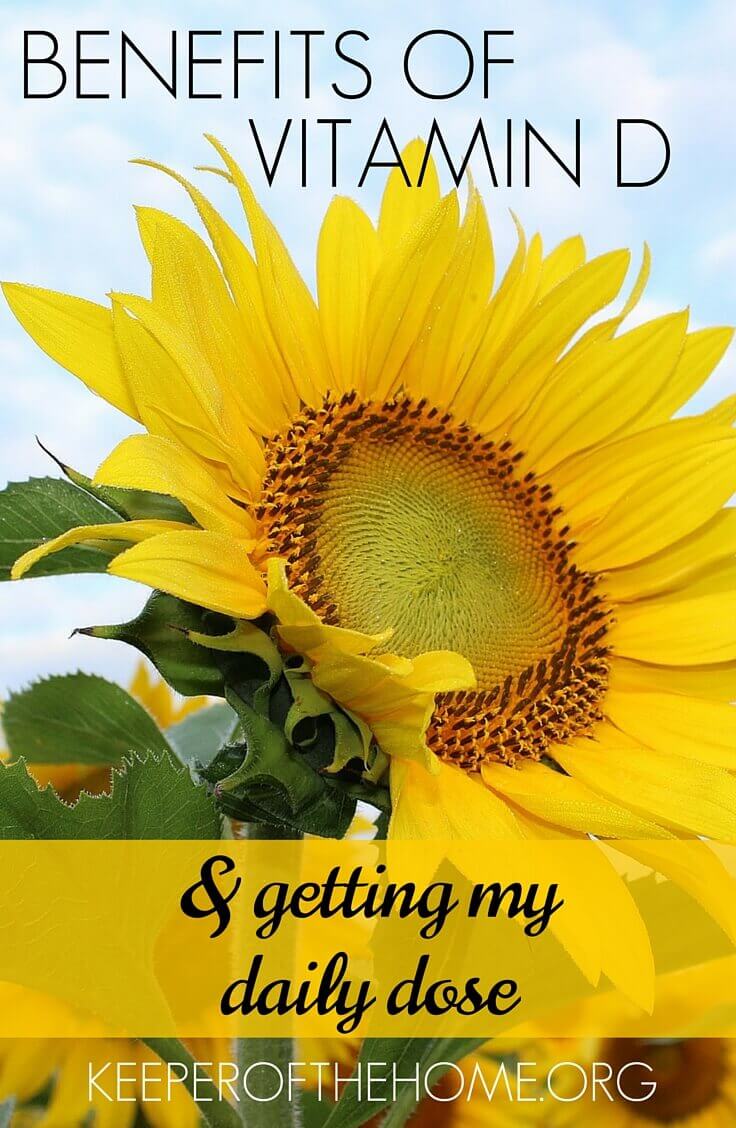
Here’s a list of sources, if you would like to dig deeper and learn more about vitamin D:
- https://ods.od.nih.gov/factsheets/VitaminD-HealthProfessional/
- http://www.medicalnewstoday.com/articles/161618.php
- https://www.bulletproofexec.com/the-top-5-reasons-vitamin-d-makes-women-bulletproof/
- https://wellnessmama.com/699/vitamin-d/
- http://www.webmd.com/food-recipes/vitamin-d-vital-role-in-your-health
- http://health.howstuffworks.com/wellness/food-nutrition/vitamin-supplements/how-much-vitamin-d-from-sun2.htm
- http://www.webmd.com/diet/guide/vitamin-d-deficiency
- https://www.vitamindcouncil.org/about-vitamin-d/am-i-deficient-in-vitamin-d/
- http://articles.mercola.com/sites/articles/archive/2014/05/28/vitamin-d-deficiency-signs-symptoms.aspx
- http://www.foxnews.com/health/2015/05/01/health-benefits-vitamin-d-are-getting-enough.html
- http://healthremediesjournal.com/top-10-health-benefits-of-vitamin-d/?utm_campaign=vitamind
- http://grassrootshealth.net
Disclaimer: Although all Keeper of the Home contributors are passionate about nutrition, natural living and alternative health issues, we are not certified nutritionists, medical doctors, or practitioners of any kind. We are not licensed to counsel anyone in medical matters, nor may we be held responsible for any course of action that you choose in regards to your own health or that of your family. Please remember that what we are sharing is the result of our own experiences and years of study, but may not necessarily be the right course of action for you. We are advocates of becoming informed, knowledgeable and responsible for one’s own health, but our desire is not to be an authority on any matters of health for you, nor would we presume to have sufficient knowledge to do so. Our hope is that what we share may encourage you and start you on the road to doing your own research, and seeking out the opinions of professionals or others that you trust.

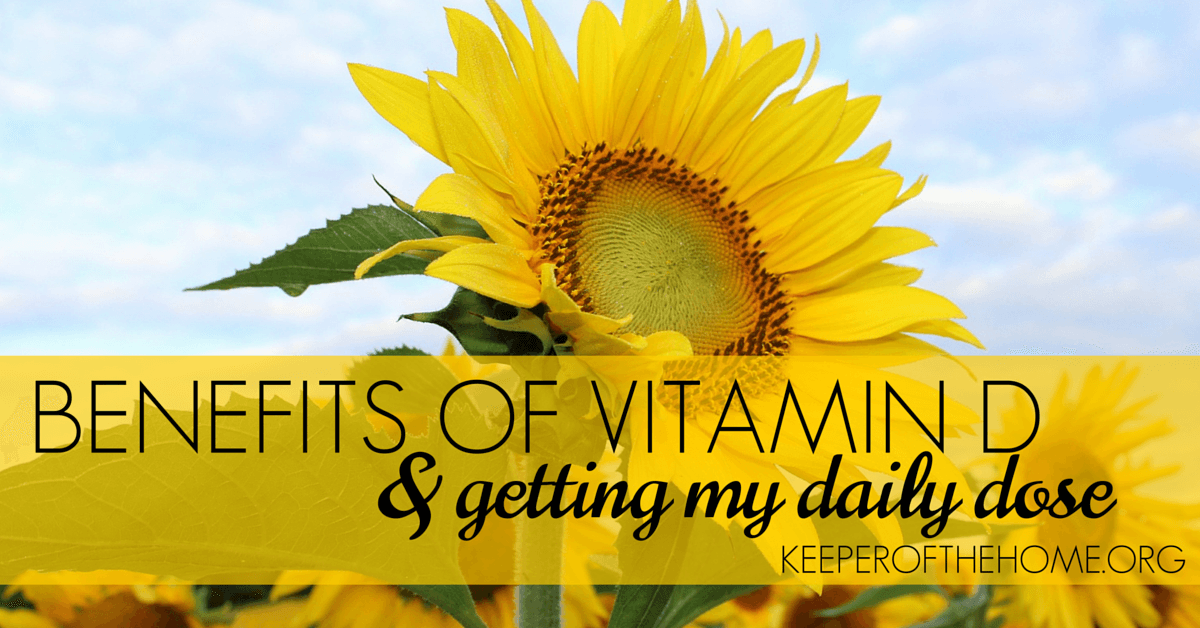
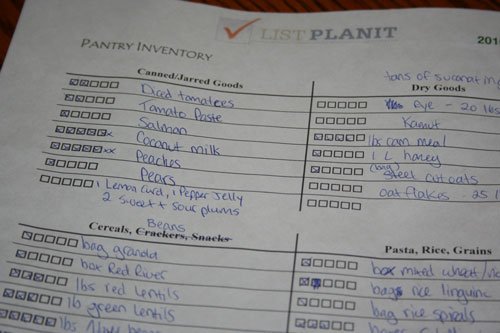
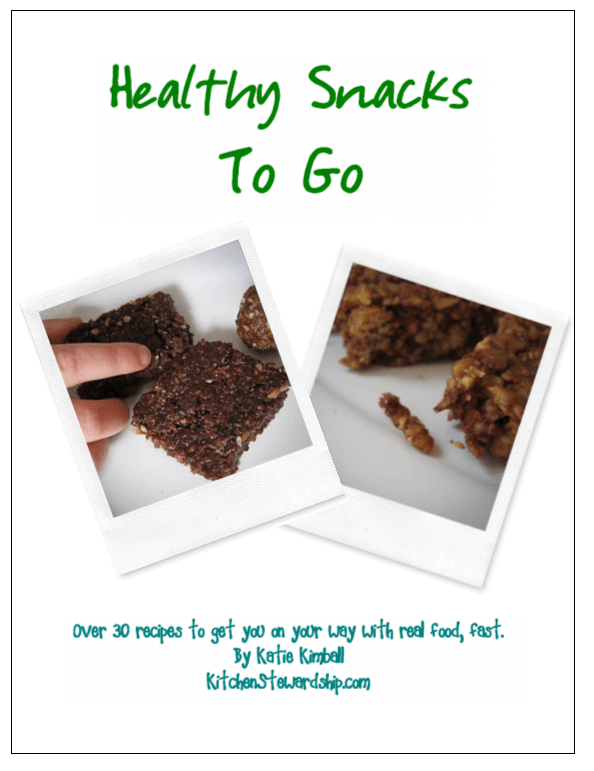
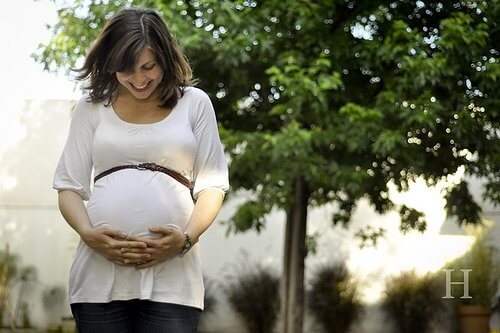
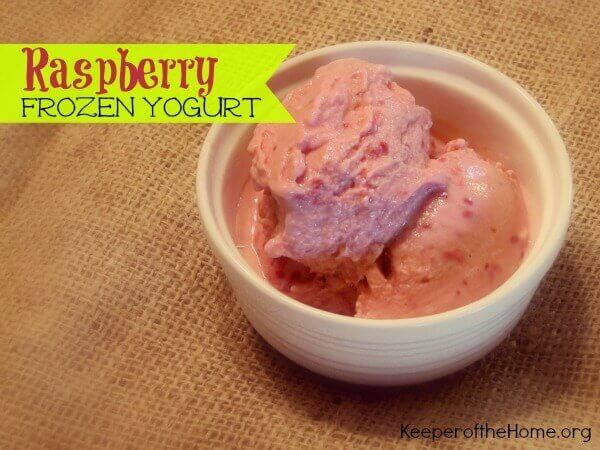

I love this series! One thing I’ve learned about vitamin d that I’m wondering if you’ll cover is that it’s fat soluble. It also takes 48 hours to be absorbed into the skin. So if you go in the sun and take a shower and use soap everywhere, you’re going to wash it all off before it has a chance to absorb. Skip using soap on your arms and legs unless they’re actually dirty to give the vitamin d the time it needs to absorb into your skin.
A few years ago, my doctor told me that I had the highest levels of vitamin D that he had seen in the Northeast. (We were living in Massachusetts at the time.) I didn’t take any supplements and definitely wasn’t getting outside much–it was maybe spring or fall, but not summer.
I have always attributed it to the fact that we eat plenty of pastured fat–butter, but also lard and tallow.